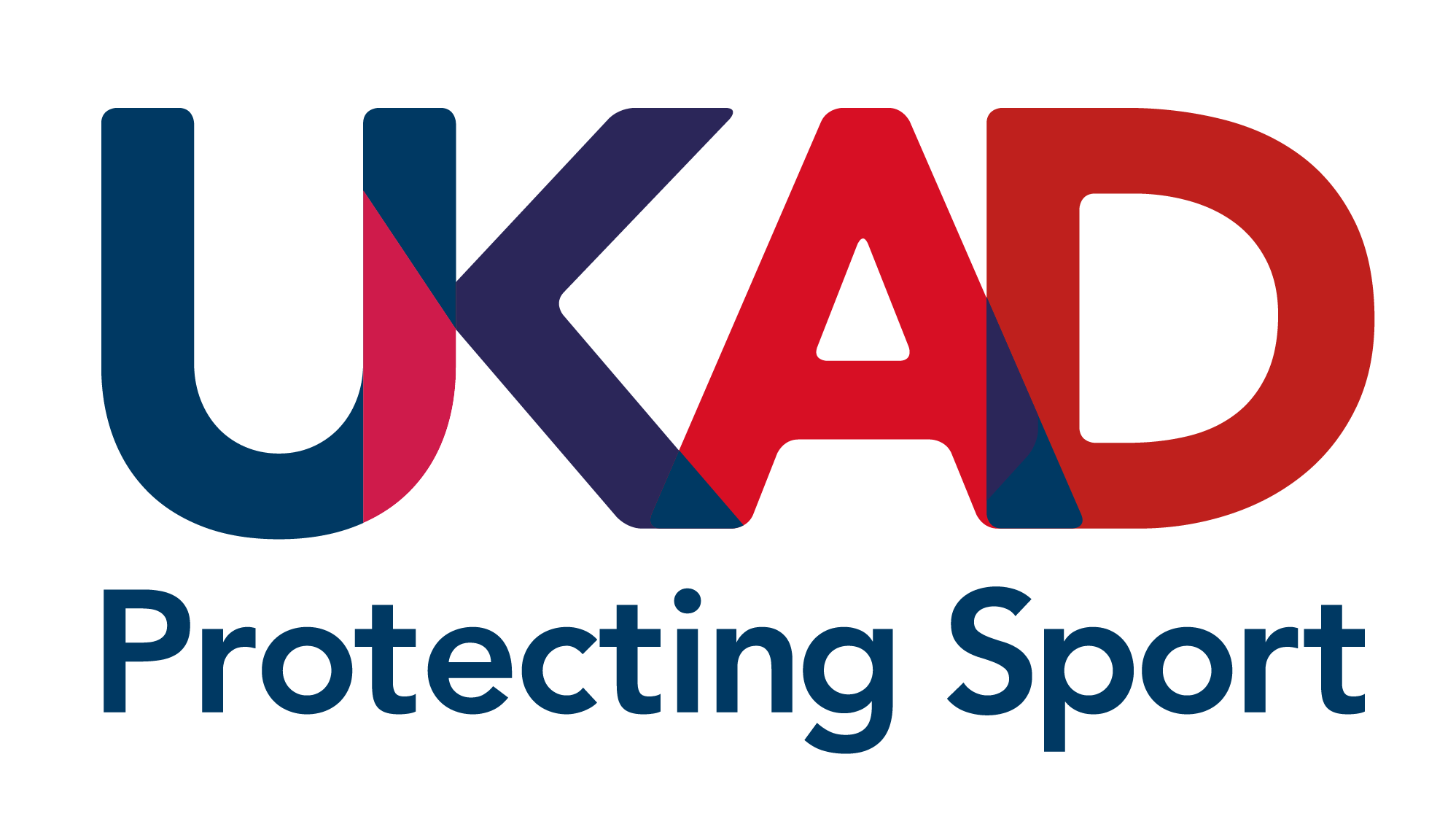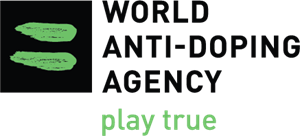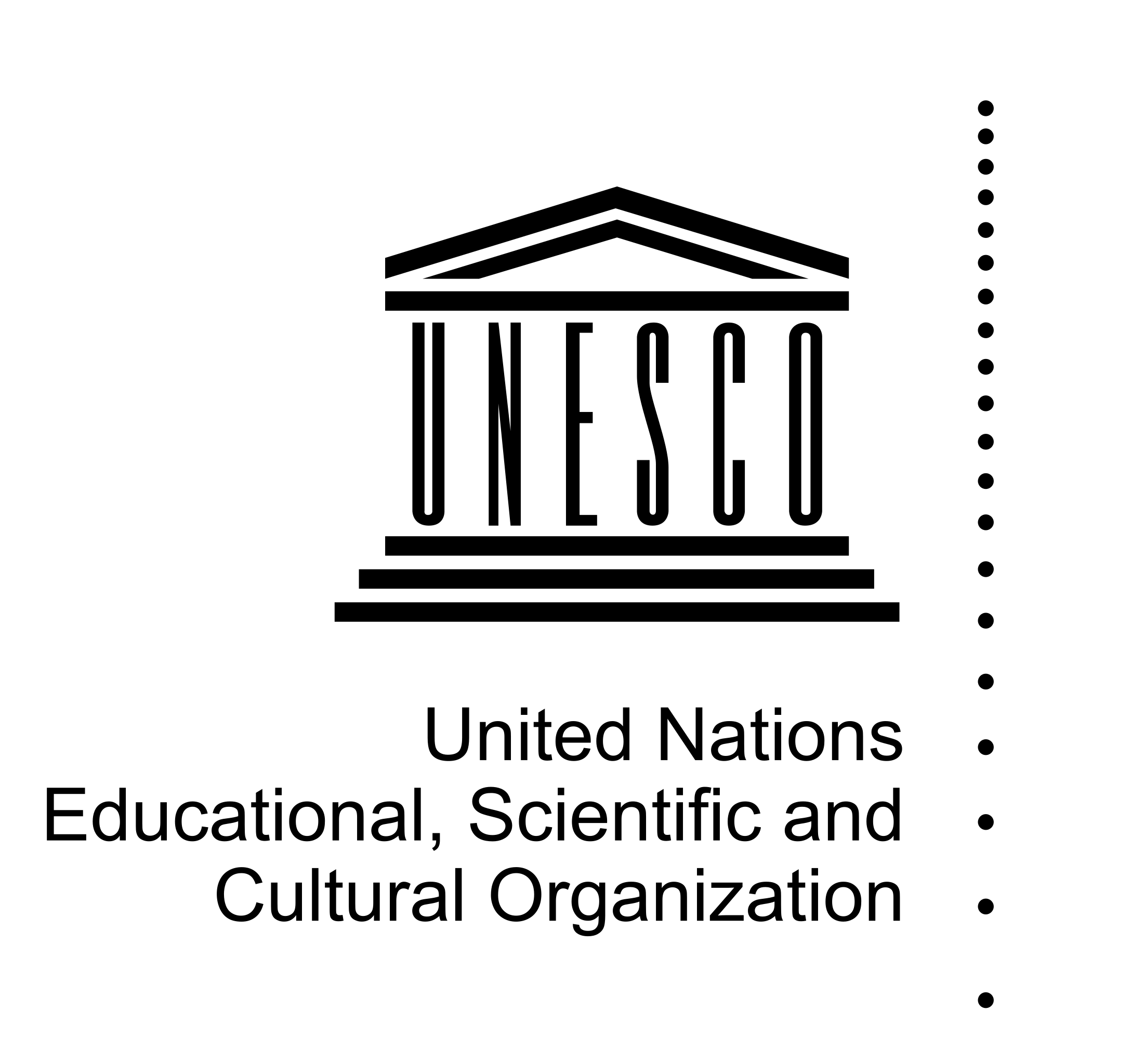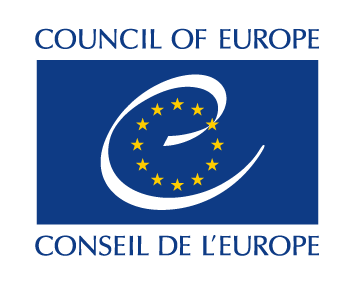Global Anti-Doping Framework and Governance
Anti-doping is regulated globally by the World Anti-Doping Agency (WADA), jointly funded by the sports movement and governments.
Athletes are at the centre of the work undertaken by several organisations to ensure clean competition at every level. UK Anti-Doping (UKAD) is an active participant in the global fight against doping in sport, contributing to international groups, forums and committees to achieve greater anti-doping standards worldwide. Anti-doping is an international issue that requires a global effort, and UKAD is committed to playing its part.
UKAD has developed strong working relationships with each of the groups below, providing expertise and input across a range of subjects to help contribute towards improved anti-doping practices.
Athletes, especially those competing internationally, should take interest in the global clean sport movement and understand fully which anti-doping organisation has jurisdiction over them at any given time.

In the UK, anti-doping is governed by UKAD, working to protect the right of Athletes to participate in clean sport. UKAD is responsible for overseeing the management and implementation of the UK National Anti-Doping Policy and ensuring that sports bodies in the UK comply with the World Anti-Doping Code.
As the organisations that govern and administer sports, NGBs play a vital role in the fight against doping. An NGB’s anti-doping responsibilities are all set out in the UK National Anti-Doping Policy. These include the adoption of anti-doping rules compliant with the World Anti-Doping Code and the education of Athletes and Athlete Support Personnel on their anti-doping rights and responsibilities.
UK Sport and the Home Country Sports Councils are, at UK and Home Country level respectively, the major funding agencies for sports, athletes, clubs and communities in the UK. The Sports Councils work closely with UKAD to provide support and guidance to NGBs on their anti-doping responsibilities, with their own responsibilities also outlined in the UK National Anti-Doping Policy.
NOCs, NPCs and CGAs are also required to implement the Code. In the UK, this is the British Olympic Association, British Paralympic Association and Home Nation Commonwealth Games Associations (England, Wales, Scotland, Northern Ireland). To support their anti-doping responsibilities and collaboration with UKAD, there is a Clean Games Policy that ensures Athletes and Athlete Support Personnel are educated prior to attending a Major Games.

Globally, anti-doping is governed by WADA, whose mission is to ‘lead a collaborative worldwide movement for doping-free sport’. Created in 1999, WADA promotes, coordinates and monitors the fight against doping in sport in all its forms at the international level. WADA is governed and funded by the Olympic movement and governments worldwide.
The World Anti-Doping Code, created by WADA, is the document that harmonises anti-doping regulations, across all sports and all countries of the world. It is integral to ensure that athletes can expect fair competition wherever they participate.
Athletes and Athlete Support Personnel are required to follow the anti-doping rules of sports that adopt the Code.

As the only United Nations agency with a sport mandate, UNESCO’s role is to develop a comprehensive global anti-doping framework, which helps harmonise anti-doping rules and policies worldwide in support of the World Anti-Doping Code.
To achieve this, UNESCO established the International Convention against Doping in Sport in 2005, to which the UK is party. Convention signatories meet every two years at an international conference. This conference provides an opportunity for discussion and debate on public policies in the fight against doping.
The conference also determines the allocation of UNESCO funding to signatories recognised as requiring assistance, to develop and implement effective anti-doping programmes.

The Monitoring Group is responsible for ensuring the European Anti-Doping Convention, which promotes harmonisation in anti-doping matters across Europe, is respected and implemented by State Parties. The Monitoring Group is made up of delegates from the state parties who provide expert insight into State Parties’ compliance with the Anti-Doping Convention.
To aid in decision making, the Monitoring Group is informed by the work of four Advisory Groups on Compliance, Education, Science and Legal Issues. UKAD provides staff members to each of these groups, ensuring the UK is taking an active role within the European framework.
As the only pan-European WADA forum, CAHAMA’s processes allow every European country access to information related to the governance of WADA, and to play a role in the decision-making processes of WADA.
CAHAMA is made up exclusively of states parties to the European Cultural Convention, which meet on a biannual basis to decide upon a co-ordinated European position on WADA matters. CAHAMA typically meets ahead of WADA’s Foundation Board and Executive Committee meetings to decide upon a European mandate.
UKAD works closely with the Department for Digital, Culture, Media and Sport (DCMS) to provide input to CAHAMA on anti-doping related matters, helping provide a strong European voice on the global stage.
The IOC, IPC and CGF are responsible for the anti-doping functions during the Olympic Games, Paralympic Games and Commonwealth Games respectively. This includes managing the testing programme and sanctioning those who commit Anti-Doping Rule Violations at the Games.
IFs are required by the World Anti-Doping Code to undertake anti-doping activities. These include conducting testing both in- and out-of-competition, providing education programmes and sanctioning those who commit Anti-Doping Rule Violations.
iNADO is an independent international advocacy group for National Anti-Doping Organisations (NADOs) and Regional Anti-Doping Organisations (RADOs). Since its formation in 2011, iNADO has worked to ensure that a clear and consistent message on anti-doping policy and practice is communicated to national and international sporting and government bodies.
Furthermore, iNADO works with NADOs – especially those requiring additional support – to enhance their programmes and incorporate best practice. UKAD helps to provide strategic support to iNADO in its ambition to improve global anti-doping standards.
IADA is an intergovernmental alliance between 10 nations, including the UK, which works closely with NADOs to cooperatively pursue and promote anti-doping in sport.
The group meets annually to share experiences and gain a global perspective on international anti-doping practices. This helps enhance the expertise and knowledge throughout the network, and work towards a best practice doping control framework.
Where to go for further advice
- Follow @ukantidoping and @wada_ama on X (formerly, Twitter) to stay up to date on the latest news
- Visit the WADA website and the What We Do section to find out more
- For the work of government visit the UNESCO and Council of Europe websites
